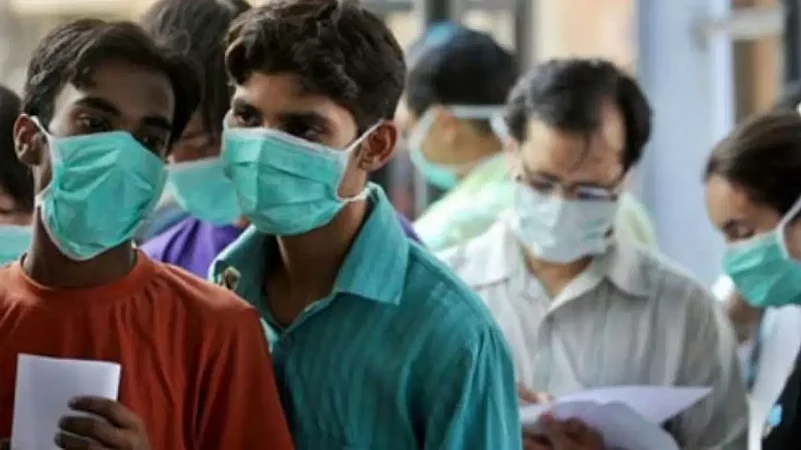Influenza cases, with symptoms reminding us of the Covid-19 outbreak, are on the rise in India. For the past two to three months, many parts of the country reported flu cases with persistent cough and even fever, raising alarm bells for another season of viral infections. Experts at the Indian Council of Medical Research (ICMR) say that the latest surge is due to Influenza A subtype H3N2, which causes more hospitalisations than other subtypes.
Here’s what we know so far about recent flu cases in India:
According to the World Health Organization (WHO), the recent surge in flu cases is similar to the flu outbreak in the West between September and January.
The influenza surge in India appears to be more aggressive and long-lasting, doctors said, and its symptoms like cough and congestion can last up to three weeks. Usually, seasonal fever and cough last about five to seven days.
Symptoms
Common symptoms of an infection caused by Influenza A subtype H3N2 include cough, sore throat, nausea, body ache and diarrhoea.
The flu could also lead to hospitalisation, with some cases escalating to requiring ICU admission. In severe cases, reports citing doctors said, patients developed pneumonia and bronchiolitis.
How do we prevent it?
ICMR scientists suggested a list of Do's and Don'ts for people to follow to protect themselves from contracting the virus. The research body advises people to wash hands regularly, wear face masks in crowded areas, avoid touching their face, cover their nose and mouth while coughing or sneezing, and stay hydrated – all of which people are already acquainted with in the aftermath of Covid. In case of fever or headache, the ICMR advises taking paracetamol.
Can antibiotics cure influenza?
The Indian Medical Association (IMA) has warned patients against self-medication using antibiotics and other over-the-counter pills amid rising cases of cough, cold and nausea across the country.
The IMA warned that overuse of these medicines leads to resistance against the antibiotics in times of actual need.
"Right now, people start taking antibiotics like Azithromycin and Amoxiclav etc, that too without caring for done and frequency and stop it once start feeling better. This needs to be stopped as it leads to antibiotic resistance. Whenever there will be a real use of antibiotics, they will not work due to the resistance," the IMA’s Standing Committee for Anti-Microbial Resistance said in a statement.
It has also asked doctors to prescribe only symptomatic treatment and not antibiotics.
The most misused antibiotics are Amoxicillin, Norfloxacin, Ciprofloxacin, Ofloxacin and Levofloxacin, used largely for the treatment of diarrhoea and UTI, it said.
"We have already seen widespread use of Azithromycin and Ivermectin during Covid and this too has led to resistance. It is necessary to diagnose whether the infection is bacterial or not before prescribing antibiotics," the association noted.


























